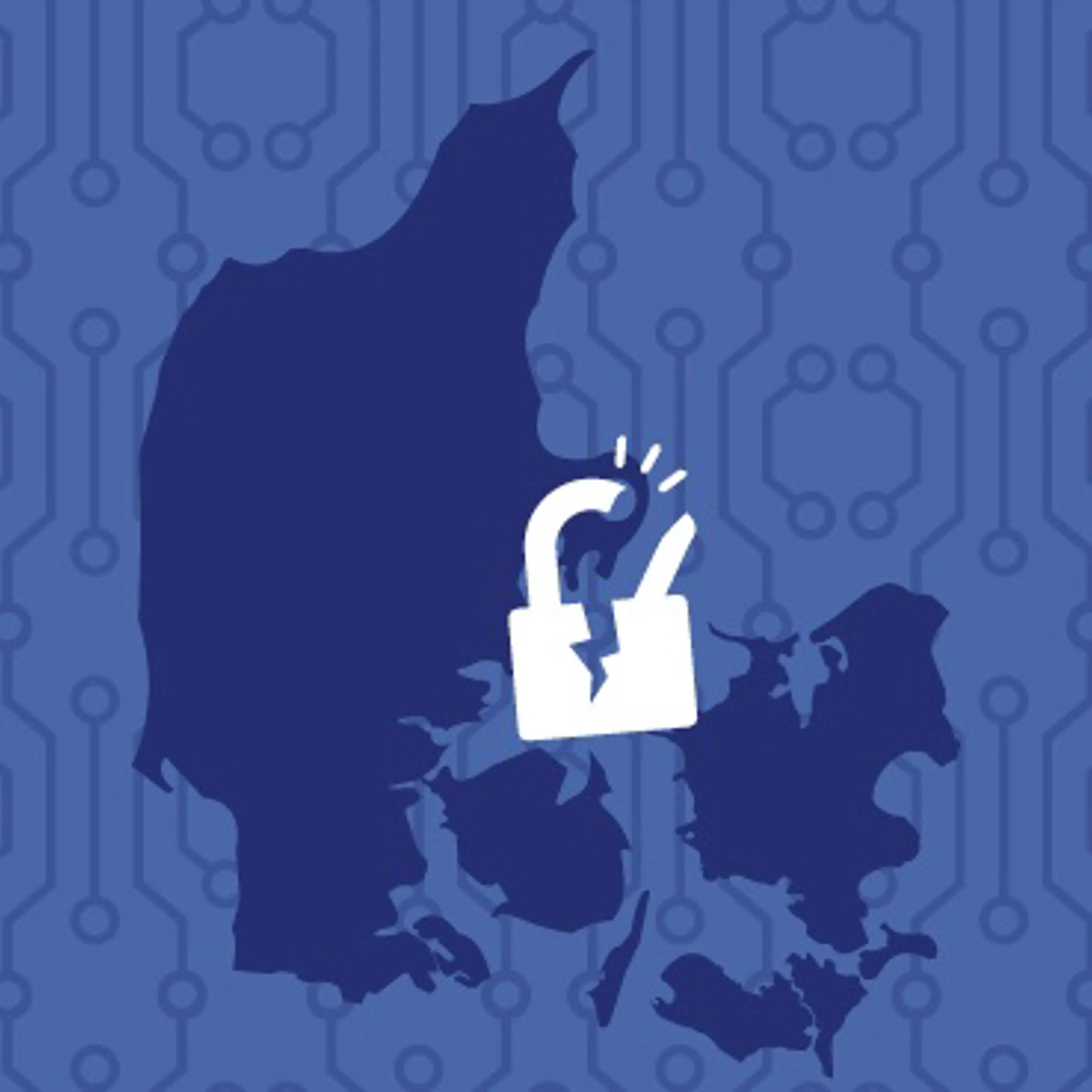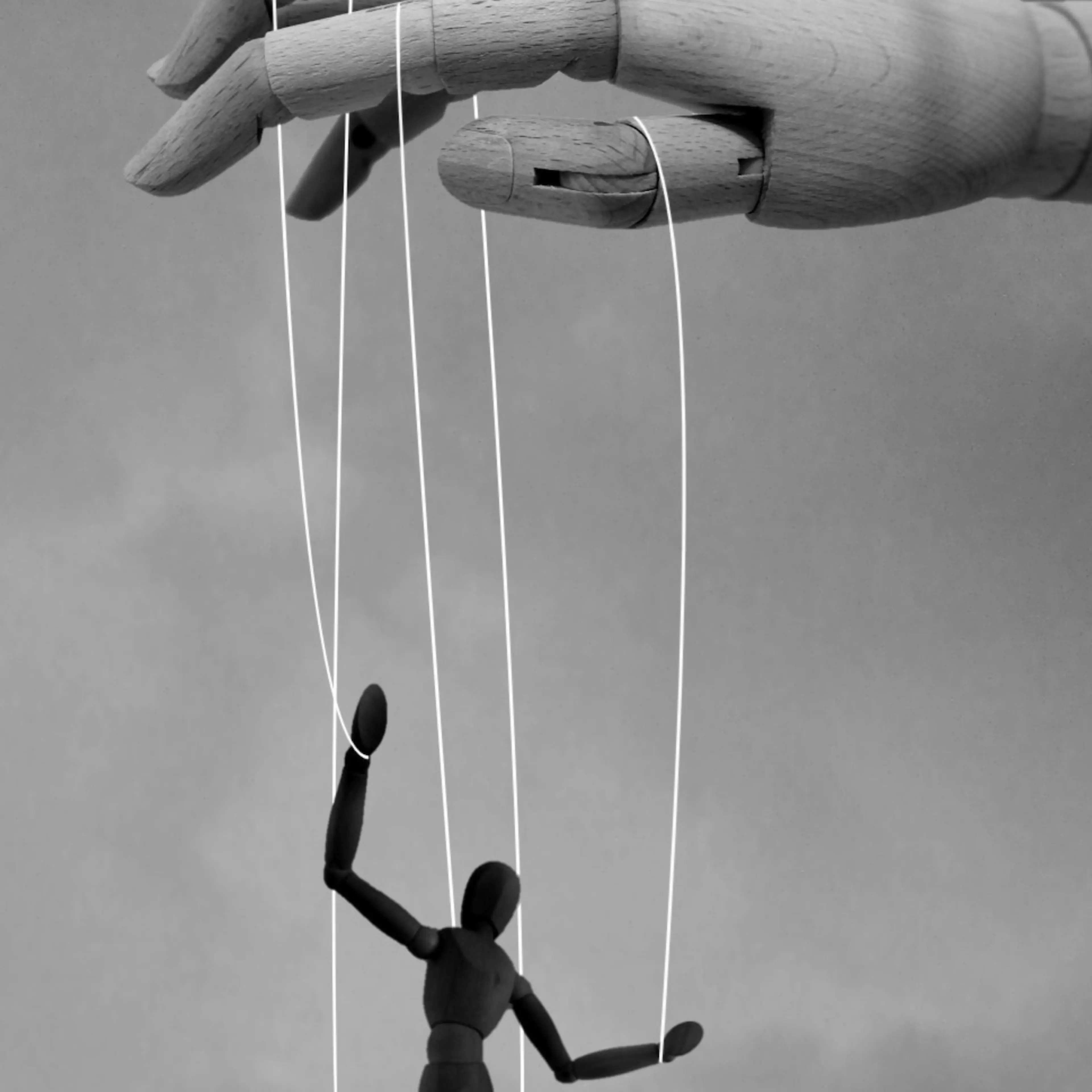War in Ukraine. Drones. Cyber threat. Supply chain insecurity. Crises and catastrophes emerge one after the other and make two researchers argue that the strategic skills of public leaders must be enhanced in times of crisis.
”We used to say that the world was complex and unpredictable. Today, a lot of things suggest that it really is. The degree of complexity recurs in relation to the leadership challenges, most of all because a crisis cannot be solved by one single organisation. So, we are looking at entirely new demands for collaboration and coordination that public leaders need to handle,” says Anne Roelsgaard Obling, Associate Professor at the Royal Danish Defence College.
Together with Thomas Lopdrup-Hjorth, External Lecturer at CBS, Obling is teaching at Master of Public Governance. Thomas Lopdrup-Hjorth points out the necessity for leaders to act before the crisis as well as during the crisis.
"We cannot freeze, we need to act. The costs of not acting may exceed the costs of acting, so it is crucial for public leaders to be able to change their success criteria,” he says and elaborates
”We tend to think success like this: If a crisis occurs, it is bad. If it does not, it is good. However, this way of thinking is not very useful. We cannot avoid all crises or prevent everything from happening. With that, it is no longer a question of whether something is good or bad, it is a question of whether the least bad can be the best in each situation. Crises require completely different views on success than we are used to, and leaders need to become aware of those. And clearly, it is important to be able to communicate and demonstrate psychological resilience.”



